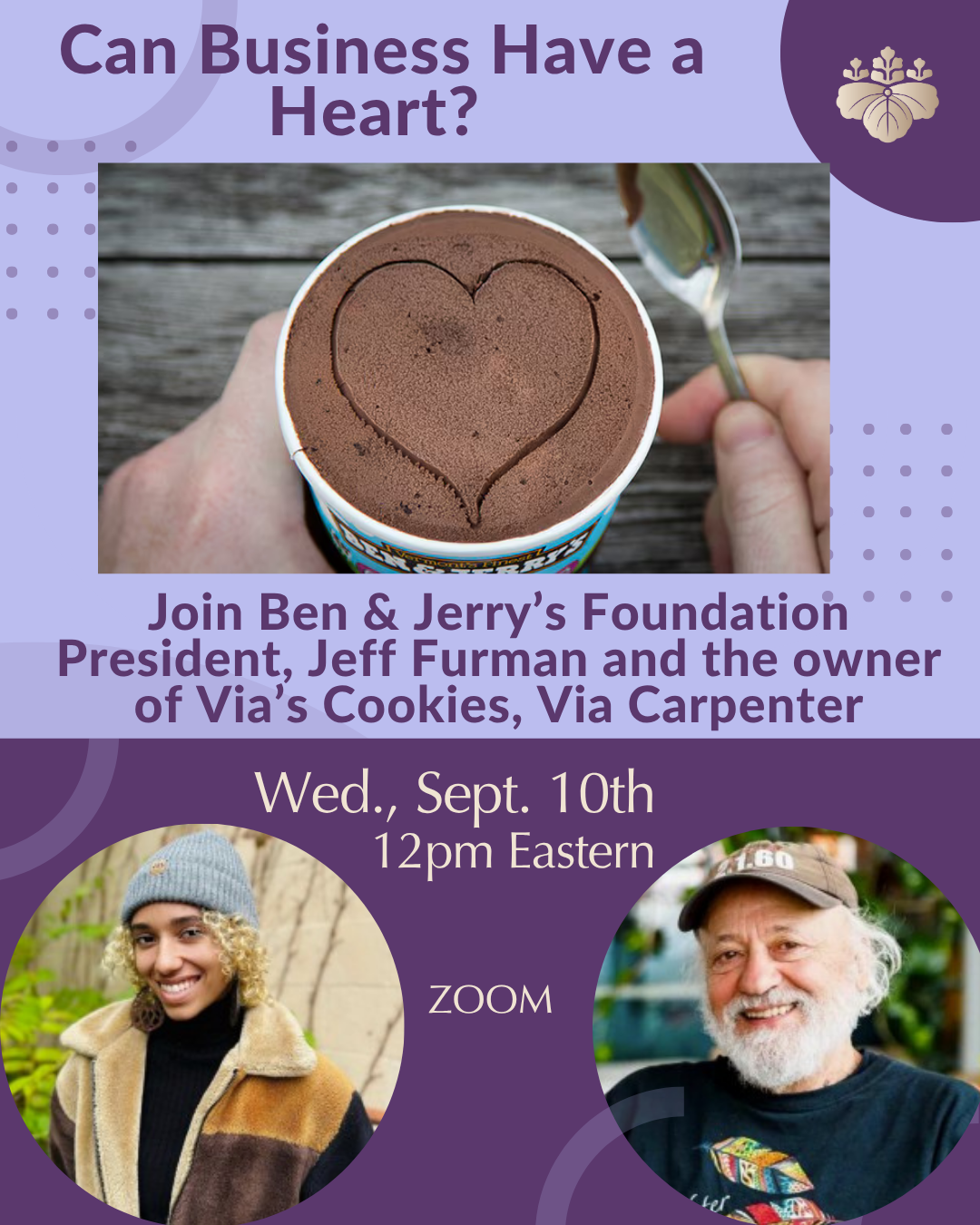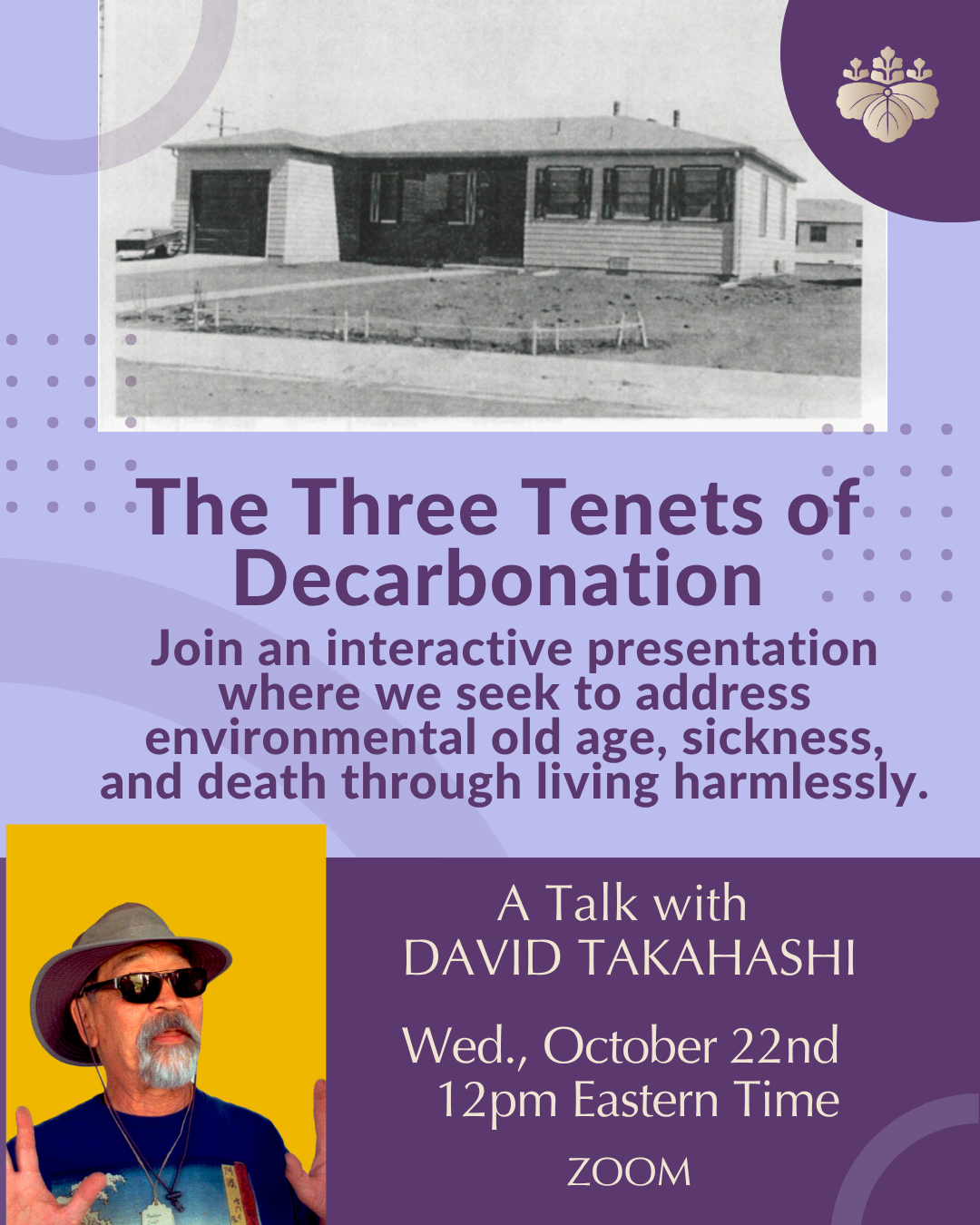This article first appeared in Shambhala Sun magazine, now Lion’s Roar, in January 2015.
“We all form our own clubs,” says Roshi Bernie Glassman. If we’re black, we may exclude whites. If we’re white, we may exclude blacks. “If we’re liberal,” Glassman continues, “we never listen to conservatives or read books by them or invite them to tea, and if we’re conservative, vice versa. “The most common thing we do to people that don’t fit our club is we avoid them. We also imprison them. Sometimes we beat them up. In the South, we used to lynch them. Gays? We bash them.”
Glassman was at one time an engineer and mathematician working in the aerospace industry. After receiving traditional Zen training from Maezumi Roshi, he realized that his calling was to take his practice out into the world. His first step was to establish Greyston Mandala, a collection of companies that both generated profits and benefited the homeless. Next, Glassman began holding his groundbreaking “bearing witness” retreats, in which participants enter an environment that’s so overwhelming that they drop their habitual thought patterns.
For twenty years, Glassman has been leading bearing witness retreats at a place that represents the most terrible case of what we do to those outside our club: Auschwitz. Survivors, children of survivors, people from all over the world, of different religions, even children and grandchildren of SS members—they’ve all sat with Glassman on the camp’s infamous train tracks, alternating silence with chanting the names of Holocaust victims.
Generally, the retreatants believe they’d always deal with others humanely. On retreat, however, they’re thrust into close contact with those outside their club, and “being as we’re human,” says Glassman, “pretty soon what pops up is people get angry at how others are acting. Then we deal with that.
“The theme of an Auschwitz retreat is not the Holocaust,” Glassman asserts. “It’s ‘How do we deal with each other?’”
In 2014, Glassman spearheaded a retreat marking the twentieth anniversary of the Rwandan genocide. The retreatants were half international and half African. It included a Tutsi woman whose arm had been chopped off, and the Hutu man who did it.
Like the Auschwitz retreats, it had a universal theme: forgiveness. For years, Rwandans had been working on reconciliation, but, according to Glassman, “what you see when you look in their eyes is trauma.” Forgiveness is the ultimate challenge.
One retreatant in Rwanda was a man who’d been an officer in the Belgian Air Force. In 1994 he led a team of 300 people flying into Rwanda to rescue Tutsis who were gathered in a stadium and who were going to be killed. When he landed his plane, however, he received orders to not protect the Tutsis, but rather to evacuate internationals. He followed orders. For two decades, this officer suffered such tremendous guilt and pain that he never told anyone what happened. Finally, at the Rwanda retreat, he shared his story and in the sharing he felt some peace. Later, he returned home and revealed tohis wife this burden he’d carried alone for so long. His whole life changed for the better.
Over the years, says Glassman, many people have found healing at bearing witness retreats. He thinks back to one retreat at Auschwitz. There was a German woman whose grandfather had run a concentration camp. For sixteen years, she’d thought about attending a retreat but didn’t because she was afraid of meeting Jews and Poles. She was afraid of her guilt. Another person was Polish and he’d been thinking about going on a retreat for ten years, but didn’t because he was afraid of meeting Germans. He was afraid of his anger. After four days on retreat together, these two were hugging.
“The Chinese character that’s translated as compassion consists of two radicals. One is compassion as we normally think of it, and the other is removal of fear. That,” says Glassman, “is how I practice compassion. I try to remove fear.”



..m’anam… Yes beautiful…..thank you
I joined the Bearing Witness Retreat. I went back to Rwanda after 20 years of silence. I was afraid to go.
During the retreat I listened to the testimony of a woman who lost her husband and two boys in the Murambi massacre. Her testimony is so heart-rending that I need to leave the group. I want to listen, but I can‚Äôt take much more of this. The buildings, fields of grass and hills “everything” around me testifies, there‚Äôs no escape. I want to get out! I want to push aside the image of her as a young mother of three.
I sit down, somewhere. I close my eyes and seize the rhythm of my breathing. I try to listen to the voices from a village a bit farther down, I hear a cow Рsomewhere. No matter how hard I try, the images from her story do not disappear, nor do the buildings around me and the fact that I’m sitting there.
But I’m not sitting here by myself. There are the voices from the village and a women next to me weeding. There are my wife and children at home, far away. And there is also the testimony and the buildings that should have become a school. I am there as well. It is all there!
And out of all this “life” a feeling of trust gently grows, of being certain that none of these things stand on their own. Slowly I find the trust that I cannot and do not need to bear my own experiences alone.
After the Rwanda – Bearing Witness Retreat – I understood that for me healing is not about placing something somewhere in the past, I think healing for me is about connecting.
Therefore, I thank everyone who made this experience possible.
thanks Bernie for all the great and difficult teachings
Precisely my experience. So grateful.
Compassion as the removal of fear; always something to learn from Roshi
beautiful…